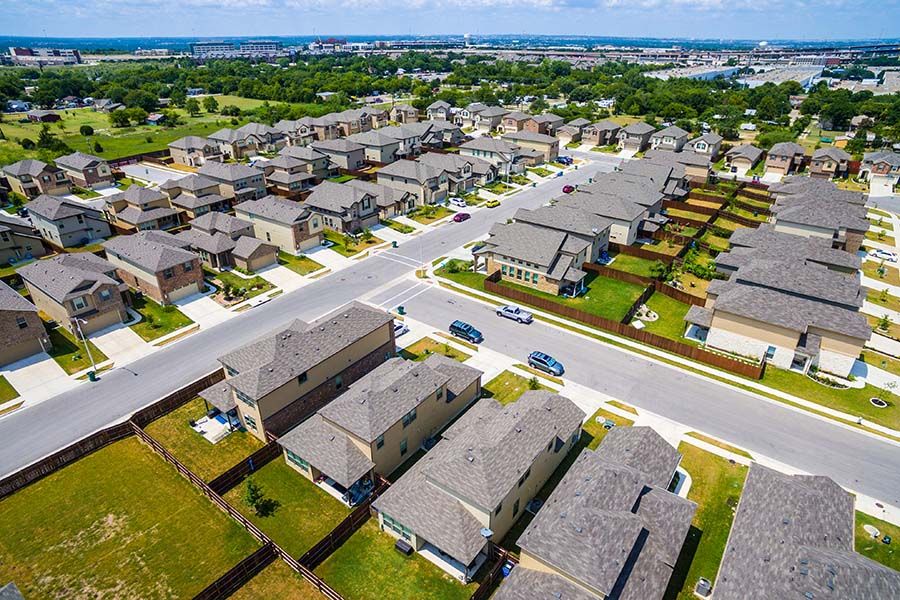Jun 16, 2021
Straining the Power Grid (Again)
Texas made news headlines again as residents were asked to reduce energy use during a heat wave. This reduction came from the Electric Reliability Council of Texas (ERCOT)—the company that manages the flow of electric power to more than 26 million Texas customers.
By: Macie Melendez

This week, Texas is making news headlines again as residents have been asked to reduce energy use during a heat wave. This reduction comes from the Electric Reliability Council of Texas (ERCOT)—the company that manages the flow of electric power to more than 26 million Texas customers, representing about 90% of the state’s electric load.
ERCOT is asking residents to take simple actions during the evening (from 3 to 7 pm), such as:
- Setting thermostats to 78 degrees or higher,
- Turning off lights and pool pumps,
- Avoiding the use of large appliances like ovens, washing machines, and dryers, and
- Unplugging any appliances or devices if they are not needed.
All of this aims to ease the strain on Texas’ power grid, which is struggling to generate enough electricity to cope with the increased temperatures.
In a news release issued yesterday, ERCOT says that Texas residents have been responding and they’ve seen a difference. “The grid is operating exactly as it was designed and intended. The issuance of conservation notices is a common practice and prevents ERCOT from entering emergency conditions,” it states.
This isn’t the first time ERCOT is making headlines, though. Recall the winter storm that caused power outages across the state. Authors Rives Taylor and Betsy del Monte covered this topic on the eJournal in their article, “Texas Two Step: The Tradition of Weather Walloping Texans.” In that article, Taylor and del Monte said, “The fierce winter storm that froze water lines and shut down power plants proved that the Texas grid could come within shooting distance of a complete shutdown.” According to The Texas Tribune, almost 70% of ERCOT customers lost power during that winter storm for an average of 42 hours. They had been told to prepare for short-term, rolling outages.
In yesterday’s news release, ERCOT stated that “conservation efforts combined with the changes in procedures and processes implemented by ERCOT and the [Public Utility Commission] following the winter storm prevented the possibility of rotating outages yesterday and ensured that no Texans lost power.”
It’s great news that conservation efforts are working as intended. But, as Taylor and del Monte noted in their article, winter storms aren’t the only threat to Texas—or many other states. What threatens us is extremes. And it raises the question: Are we prepared to deal with extreme weather events that come with the global climate crisis?
“To deal with the increasing strain on Texas’ power grid we must take a two-prong approach,” says del Monte. This means “doubling down on increasing efficiency and being smart about increasing power production through renewable sources.”
“Texas as a state will continue to face regular challenges to our human and utility infrastructure,” says Taylor. “It behooves us, public and private community members, to think in an integrated way across the economy with long term implications in mind.” And these thoughts aren’t limited to Texas. We should all, especially the most vulnerable of us, be doing more every day to prepare our homes, our grids, and our communities for resilience against such extremes.






